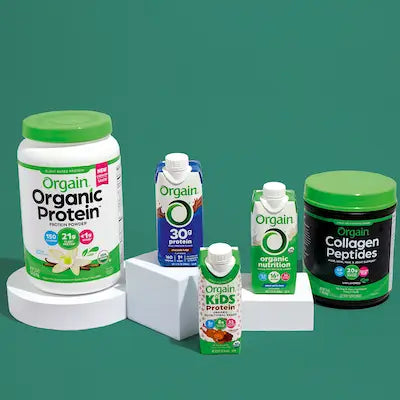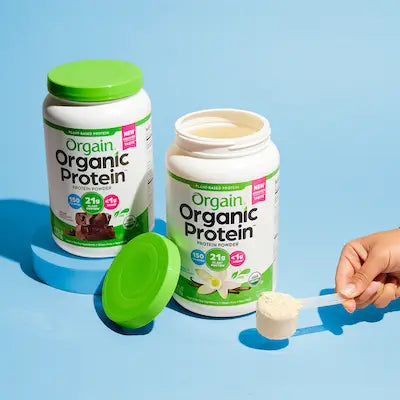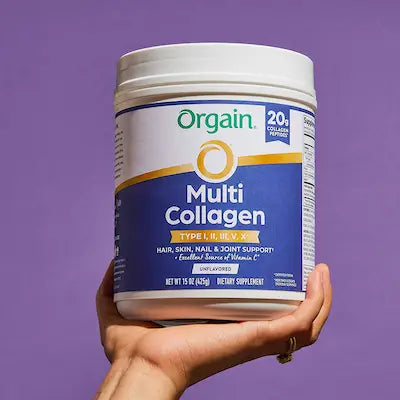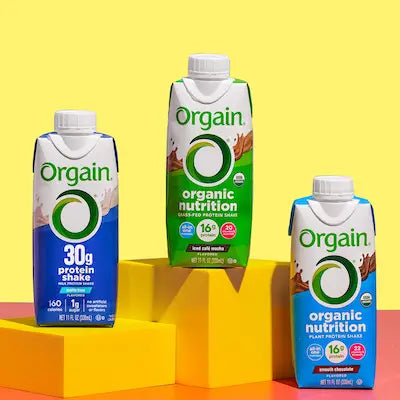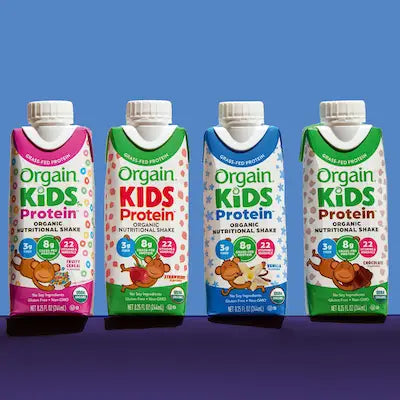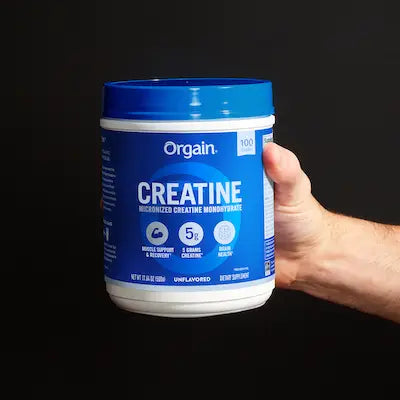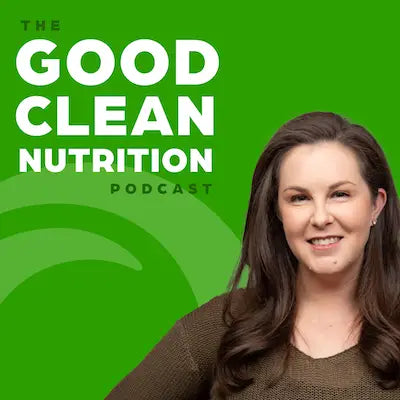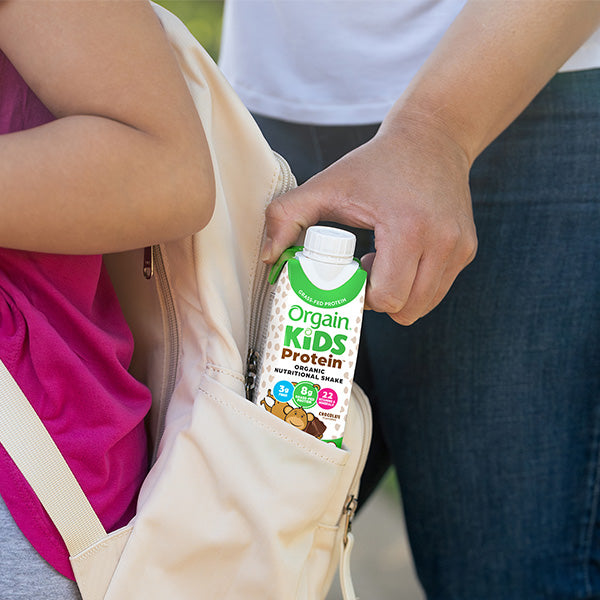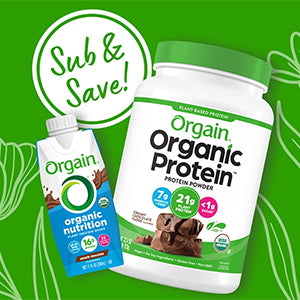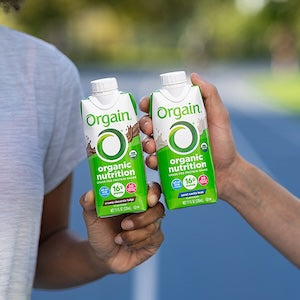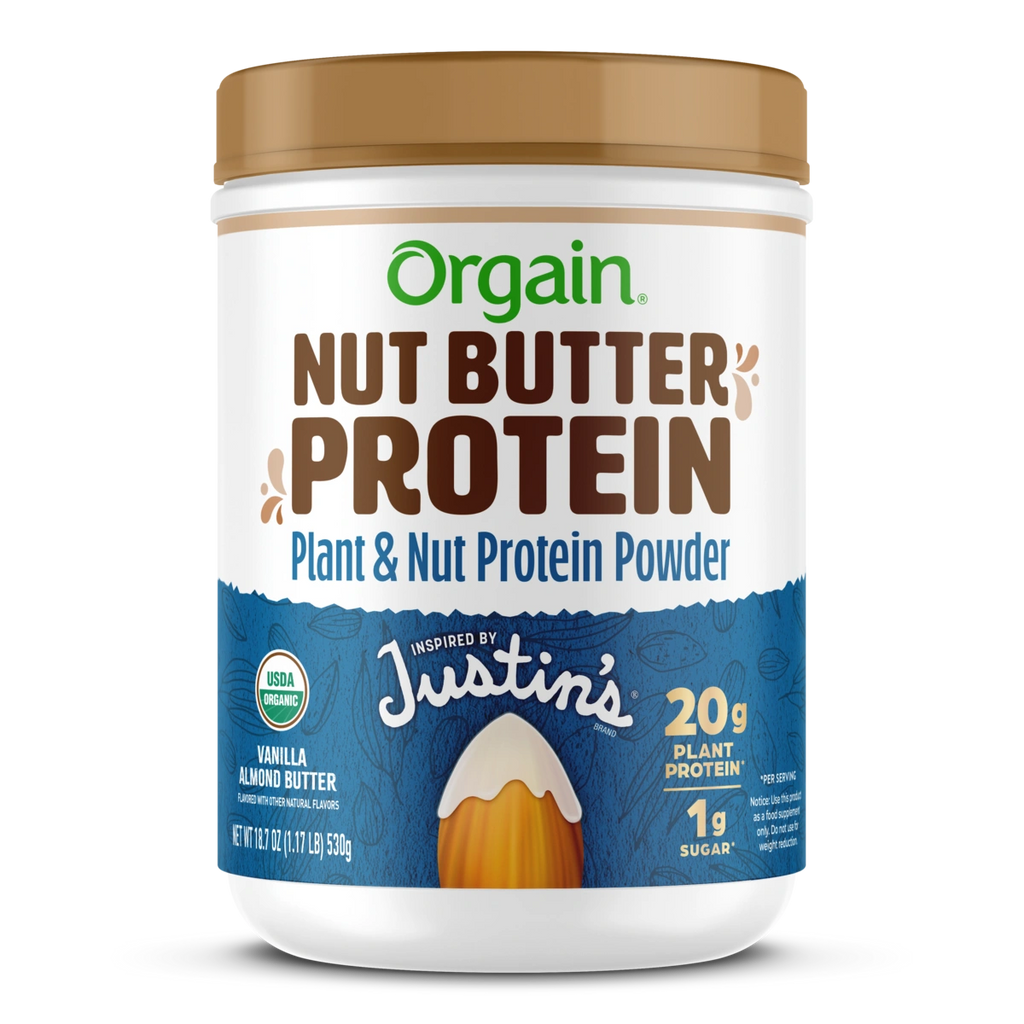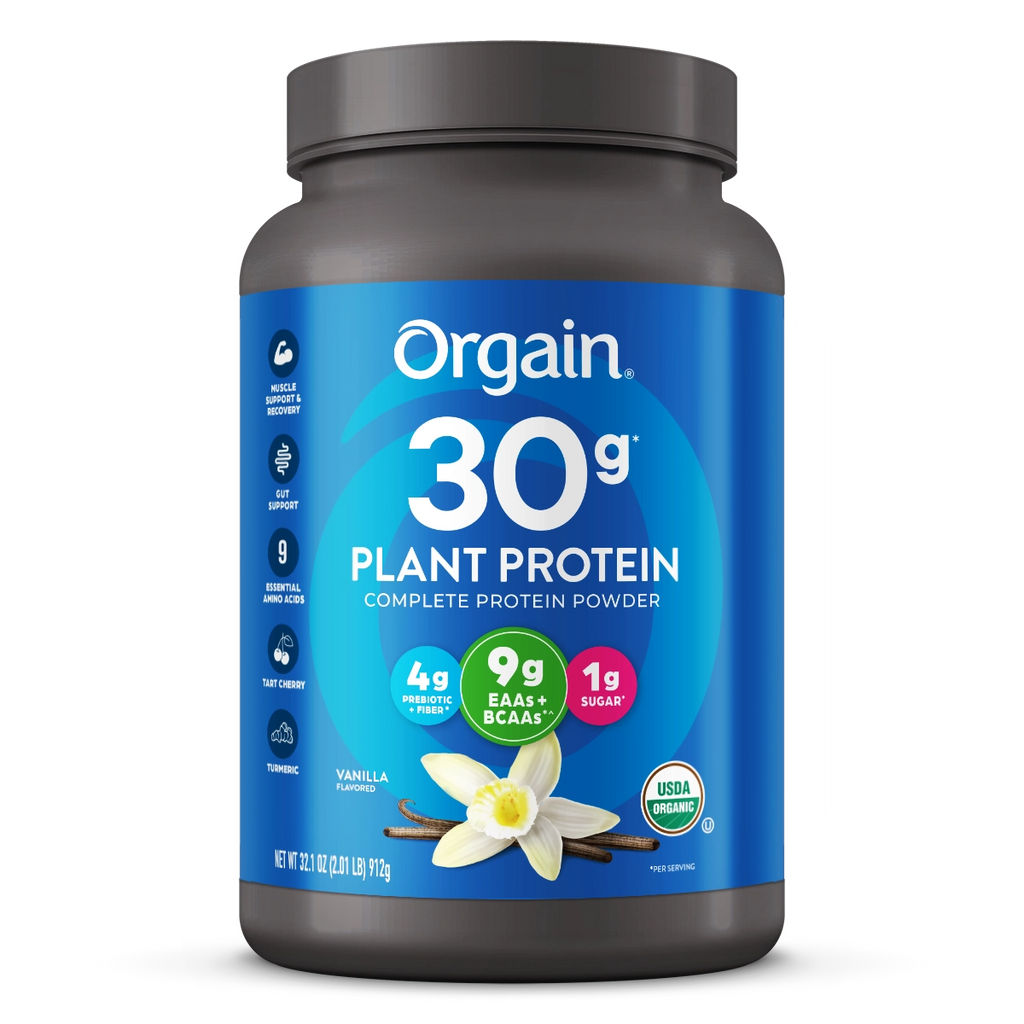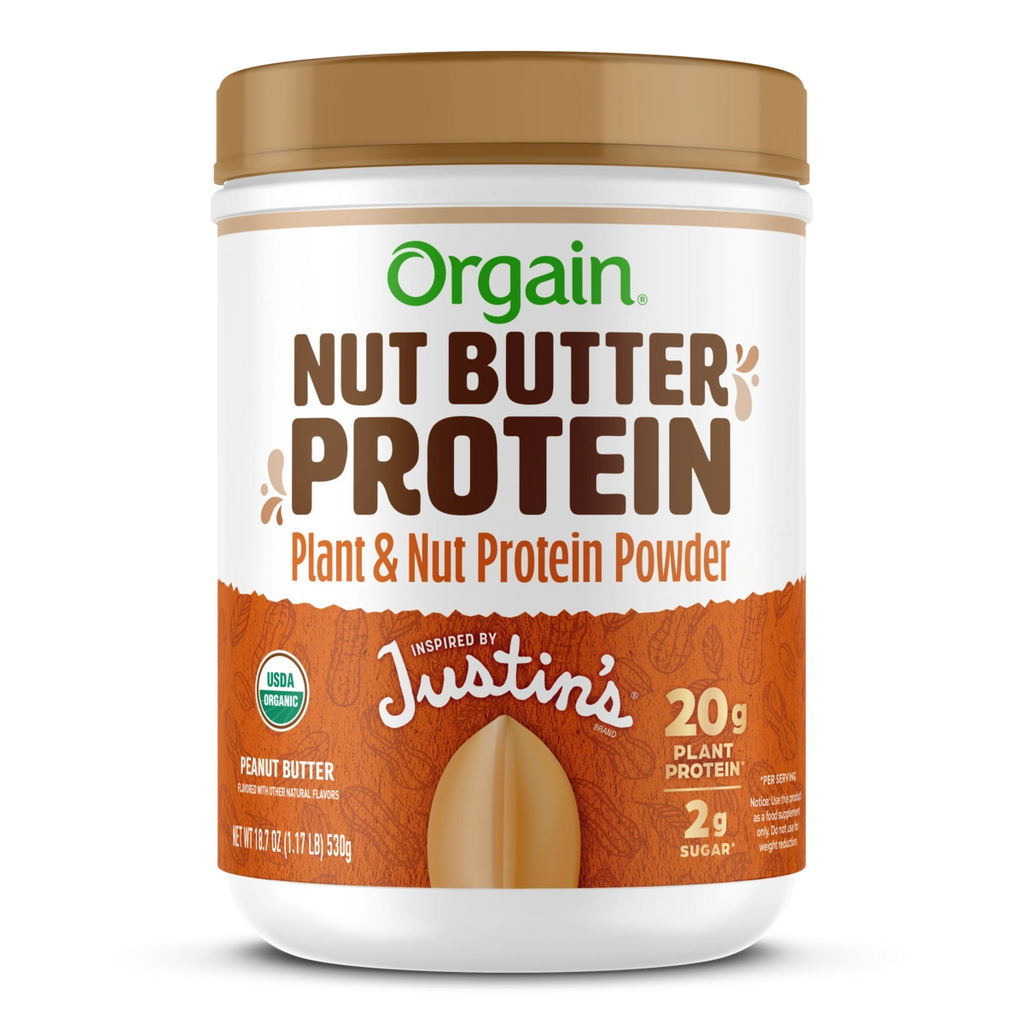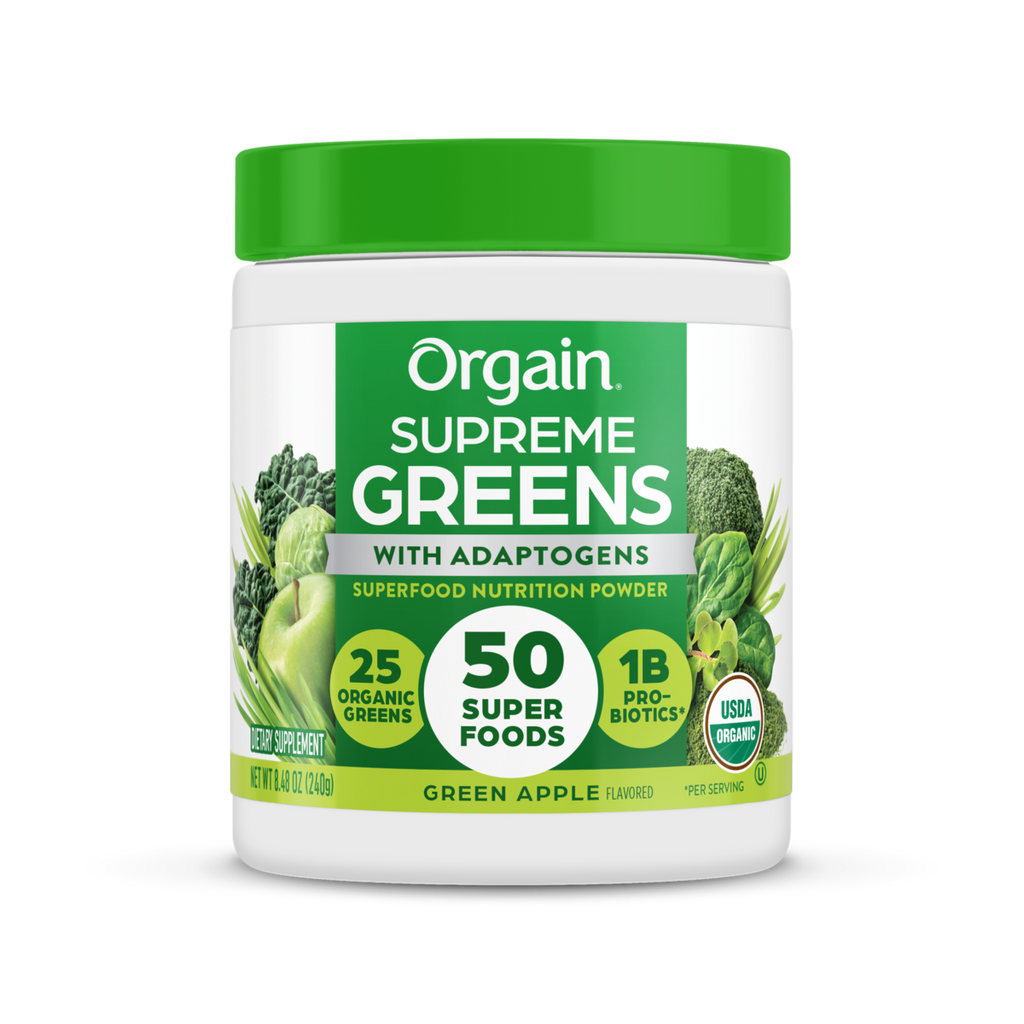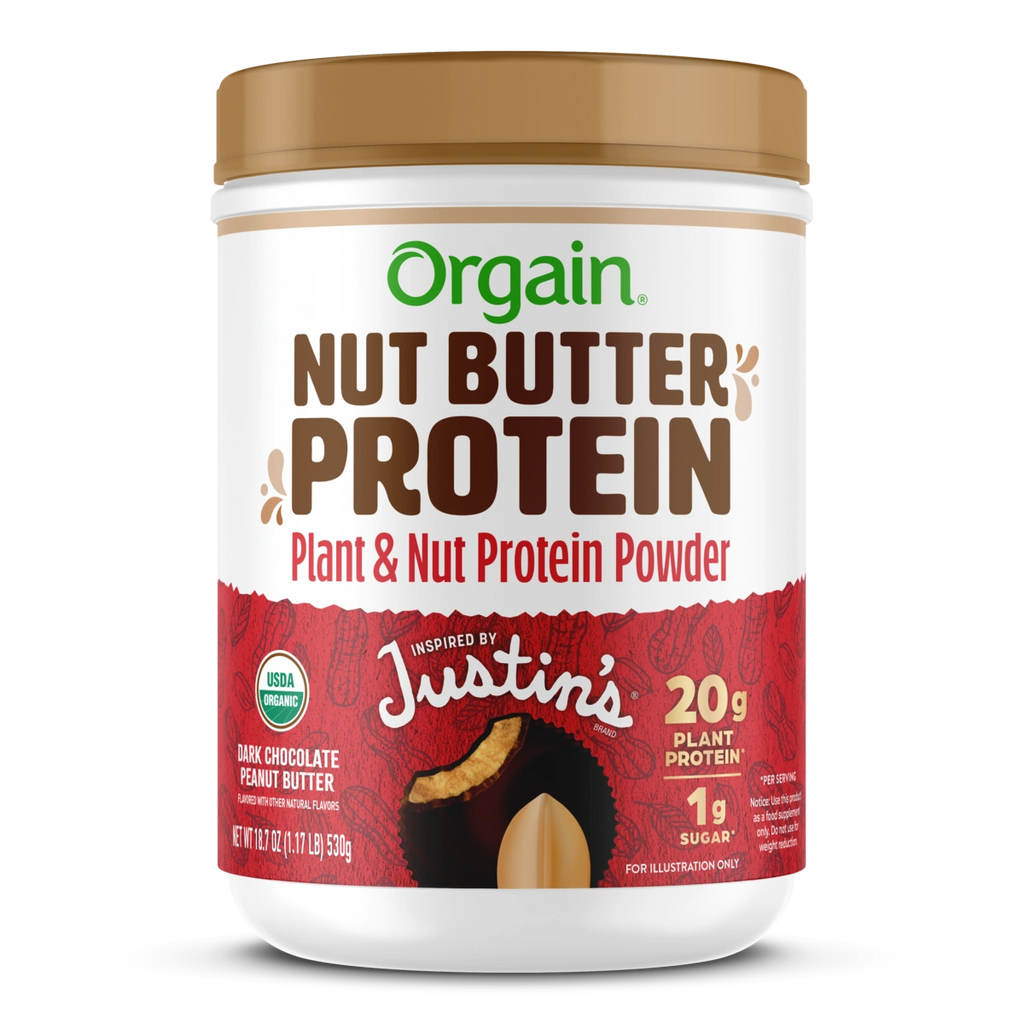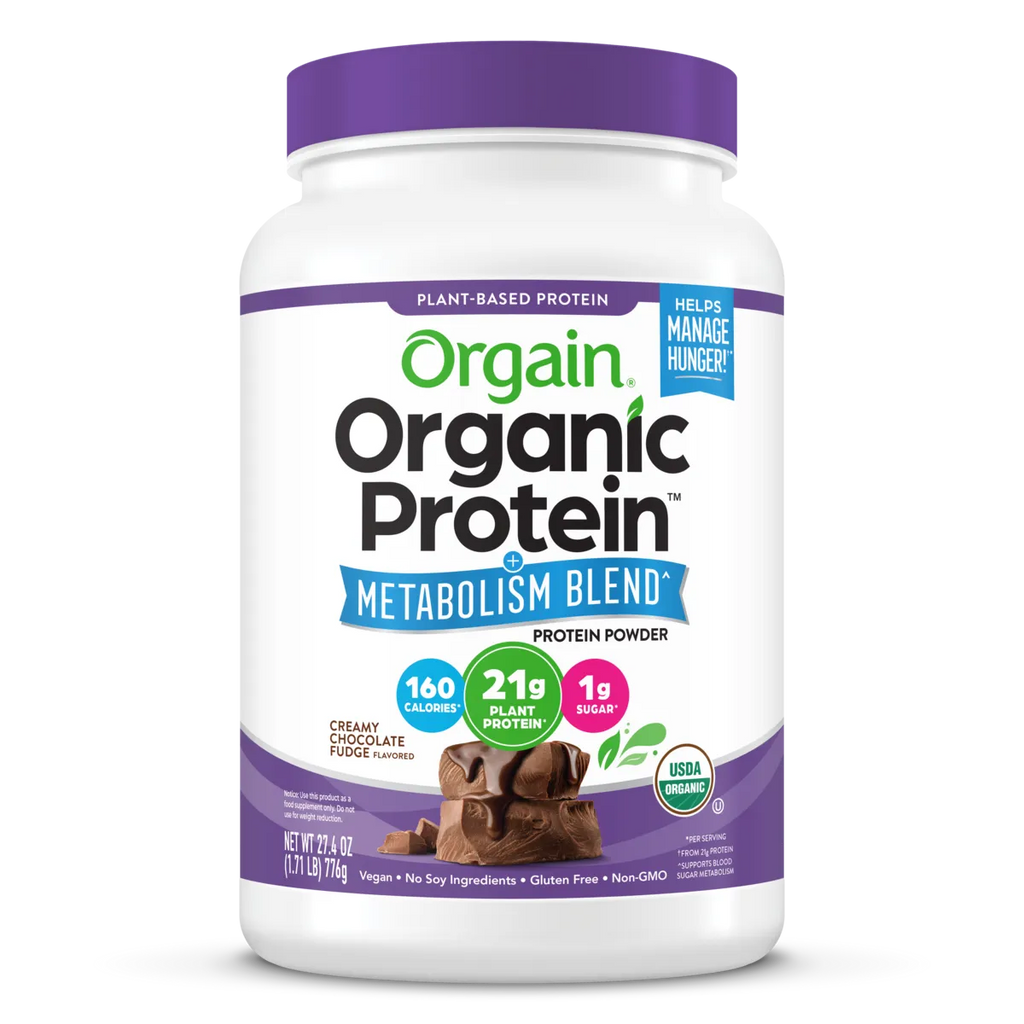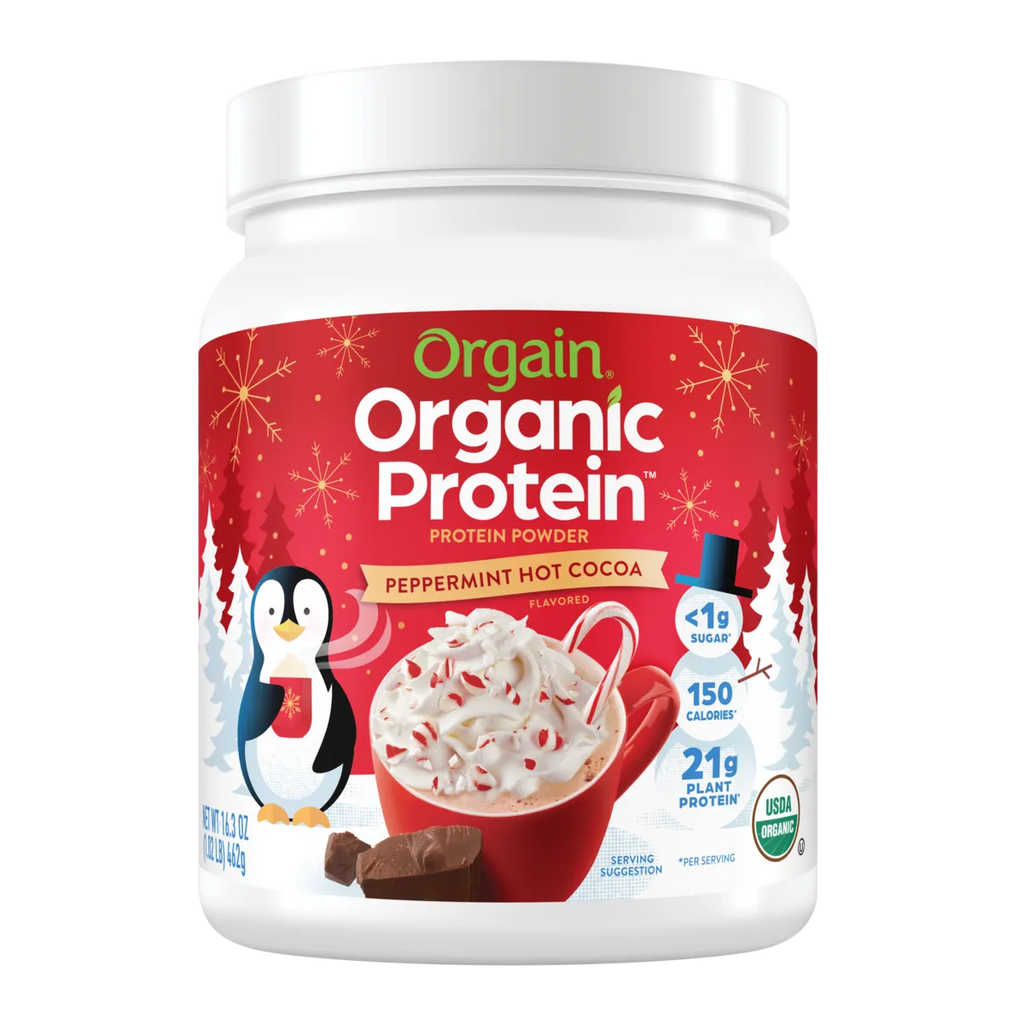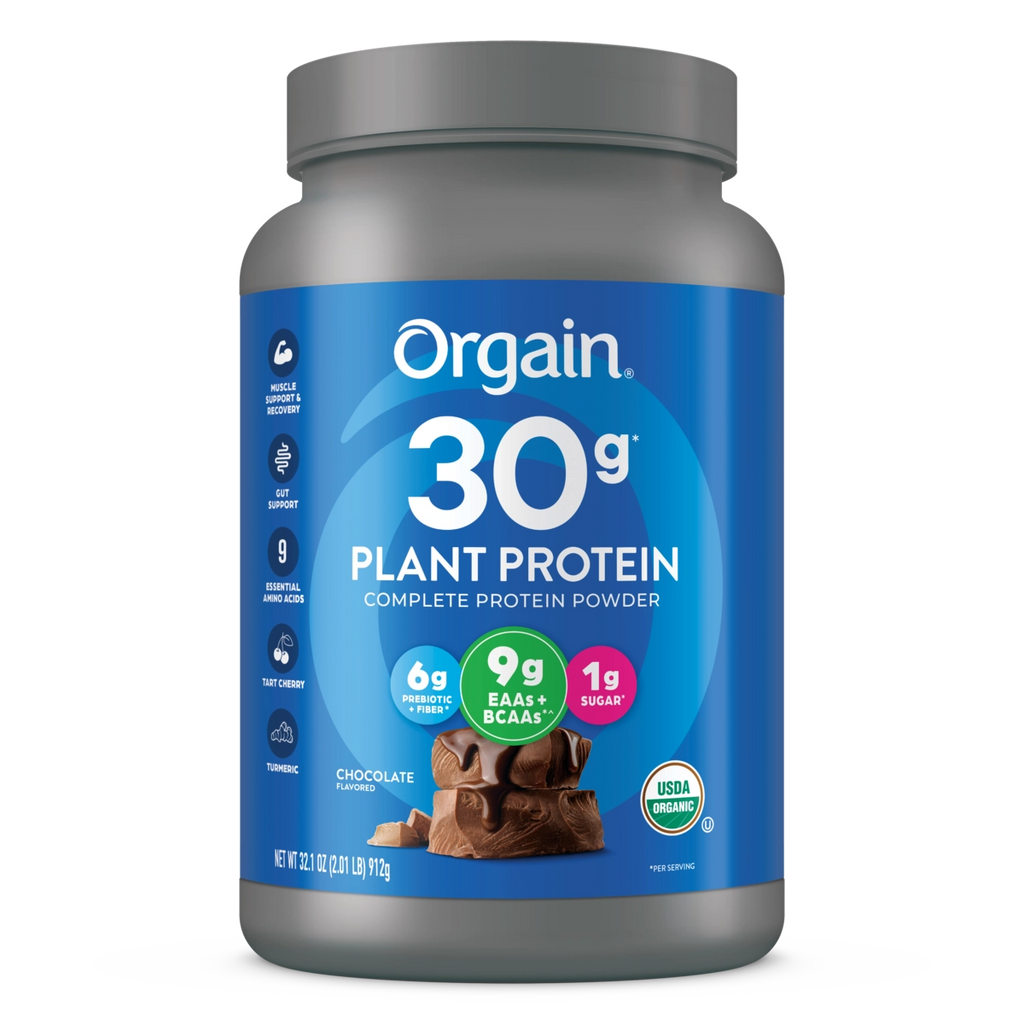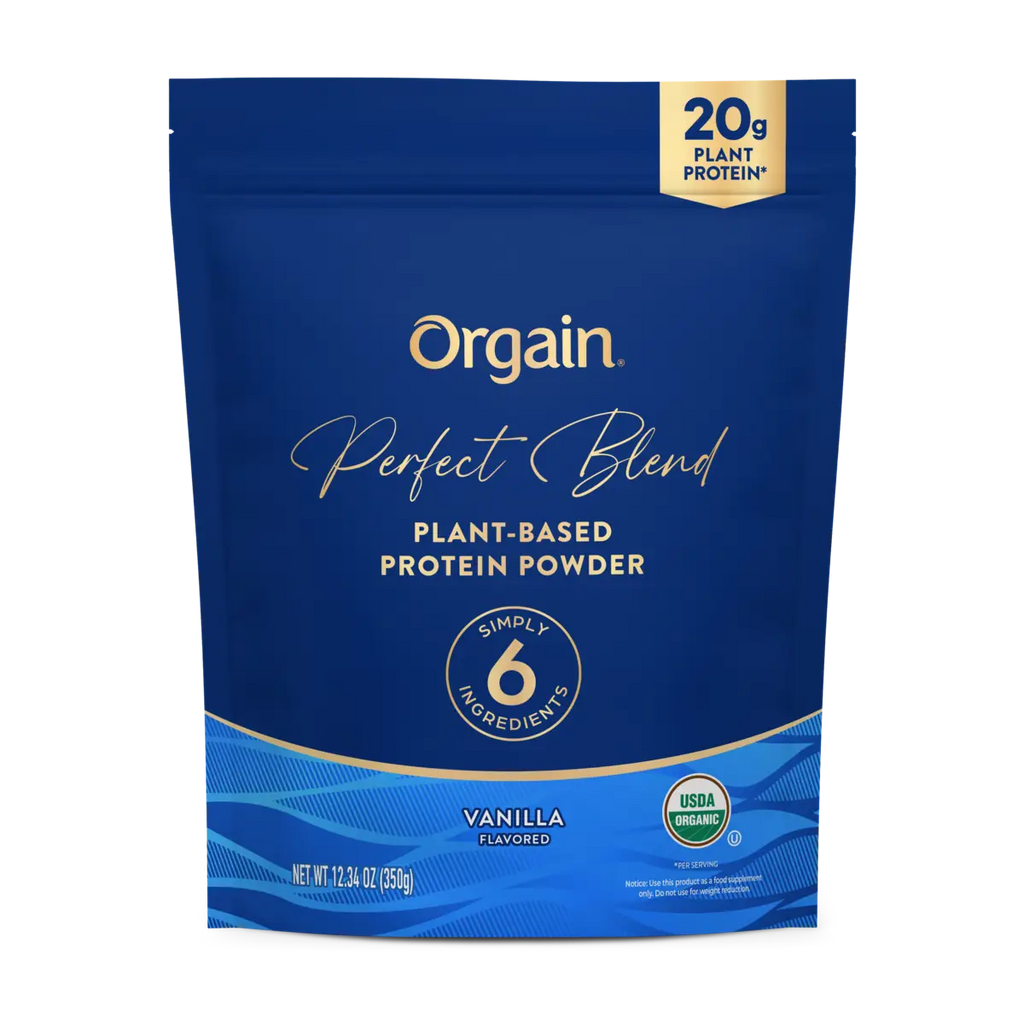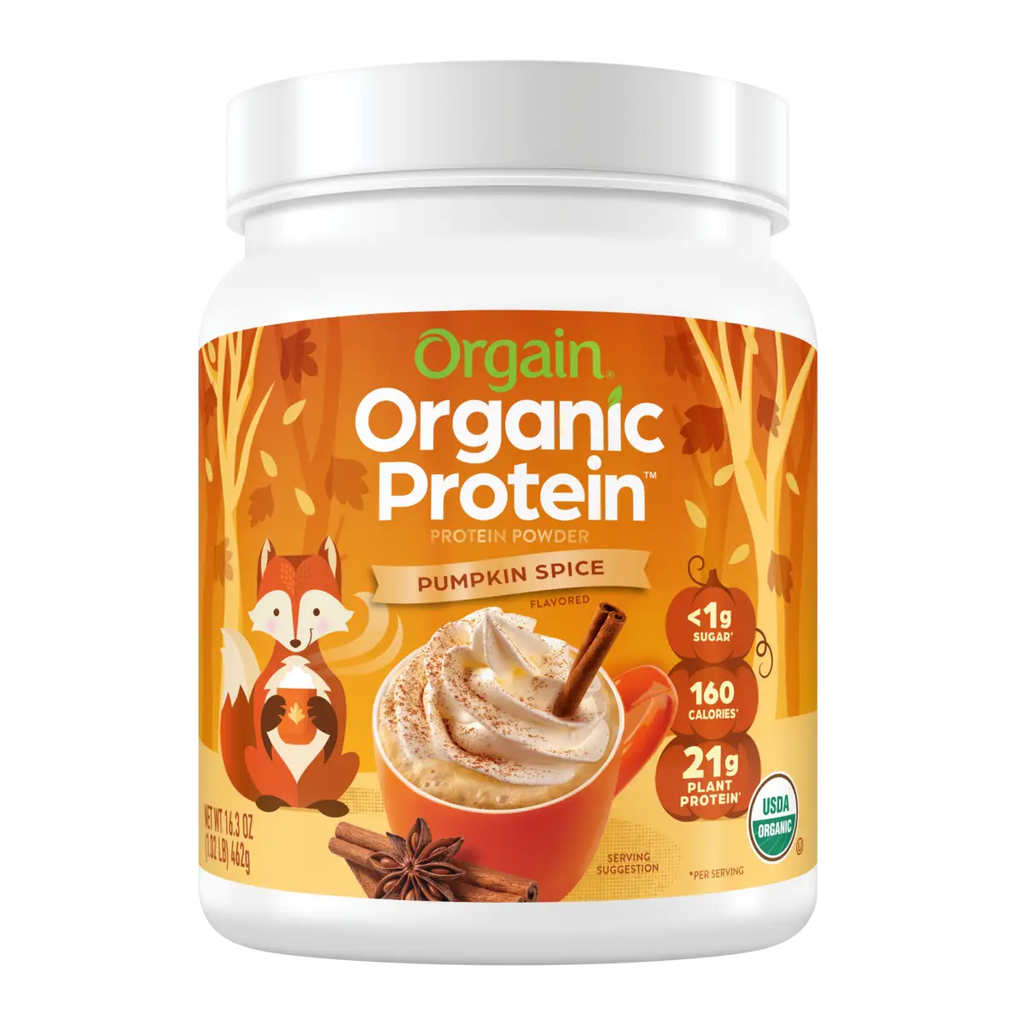Plant-Based Sources of Protein By Megan Roosevelt, RDN and Founder of
HealthyGroceryGirl.com A plant-based diet has been gaining popularity over the last decade with more and more research backing up its benefits! Eating a plant-based diet has been scientifically proven to help prevent, manage and even reverse diet-related diseases both in the short term and long term. Those who follow a plant-based diet may or may not be vegan. Some individuals enjoy a 100% plant-based lifestyle and others find it realistic and enjoyable to follow an 80% plant-based diet while still consuming the occasional animal-based foods. Whichever style of plant-based eating resonates with you, the focus is really on choosing wholesome, natural options. The key is to make sure your diet is BASED on plants. Benefits of eating plant-based Many people find numerous benefits from switching to a plant-based diet, including the following:
- Increased and sustained energy
- Better sleep
- Weight loss and an easier time maintaining a healthy weight
- Clearer, glowing skin
- Improved digestion
- Regular bowel movements
- Reduced bloating and gas
It’s common to wonder how to consume enough protein on a plant-based diet. The answer is… from plants!
What is Protein? Protein is an essential macronutrient made from linked chains of amino acids made of carbon, hydrogen, oxygen and nitrogen atoms. Protein plays a major role in the health of the human body. Protein helps to build, repair and maintain muscle, organ, hair, skin, teeth, ligament, cartilage and tendon health. Protein can also be used as an energy source when our carbohydrate and fat reserves (the body’s preferred energy source) are expended. Amino acids are the building blocks of protein and there are 20 of them. These amino acids are broken into categories of Essential, Conditionally Essential and Nonessential. A great way to think of amino acids is to compare them to the alphabet. There are 26 letters in the alphabet that together create words. Similarly, there are 20 amino acids that work together to create different proteins. Plant-based protein sources Some of my favorite sources of plant-based protein include beans, nuts, seeds and higher protein grains! Legumes: Pulses and legumes, also known as beans, all contain protein as well as carbohydrates, fiber and vitamins!
- 1 cup cooked beans = about 15 grams of protein
- 1 cup cooked lentils = 18 grams of protein
- 1 cup of green peas = 8 grams of protein
Nuts: Nuts like almonds, walnuts, cashews, pistachios, brazil nuts also contain protein as well as Vitamin E and healthy fats!
- 1/4 cup nuts = around 7 - 9g protein
- 2 tablespoons of nut butter = approximately 7 grams of protein
Seeds: Seeds like flax, pumpkin, sunflower and sesame to name a few are full of minerals, healthy fats and again… protein! In fact a 1/4 cup of seeds typically contains around 7-9 grams of protein. Chia Seeds have been used for centuries as a healthy energy source, and because they absorb water they help you feel full and satisfied longer.
- 2 tablespoons chia seeds = about 4 grams of protein
Higher Protein Grains: Higher protein grains like quinoa (although quinoa is technically a seed) are great! They are easy to cook, versatile & quinoa contains more protein and fiber than rice.
- ½ cup of cooked quinoa contains about 7 - 9 grams of protein!
Spirulina: Spirulina is an algae packed with a large amount of protein.
- 2 tablespoons spirulina = 8g protein
Nutritional Yeast: Nutritional Yeast, contains energizing B vitamins and protein. Nutritional yeast is popular because it has a “cheesy” flavor, which is helpful for making dairy-free cheese dishes!
- 3 tablespoons nutritional yeast = about 12g protein
Plant Based Protein Powder: Plant-Based protein powders with quality wholesome ingredients are also a convenient and easy way to boost your daily protein intake! Orgain’s Plant-Based Protein Powder has 21 grams of protein per 2 scoop serving! Save
